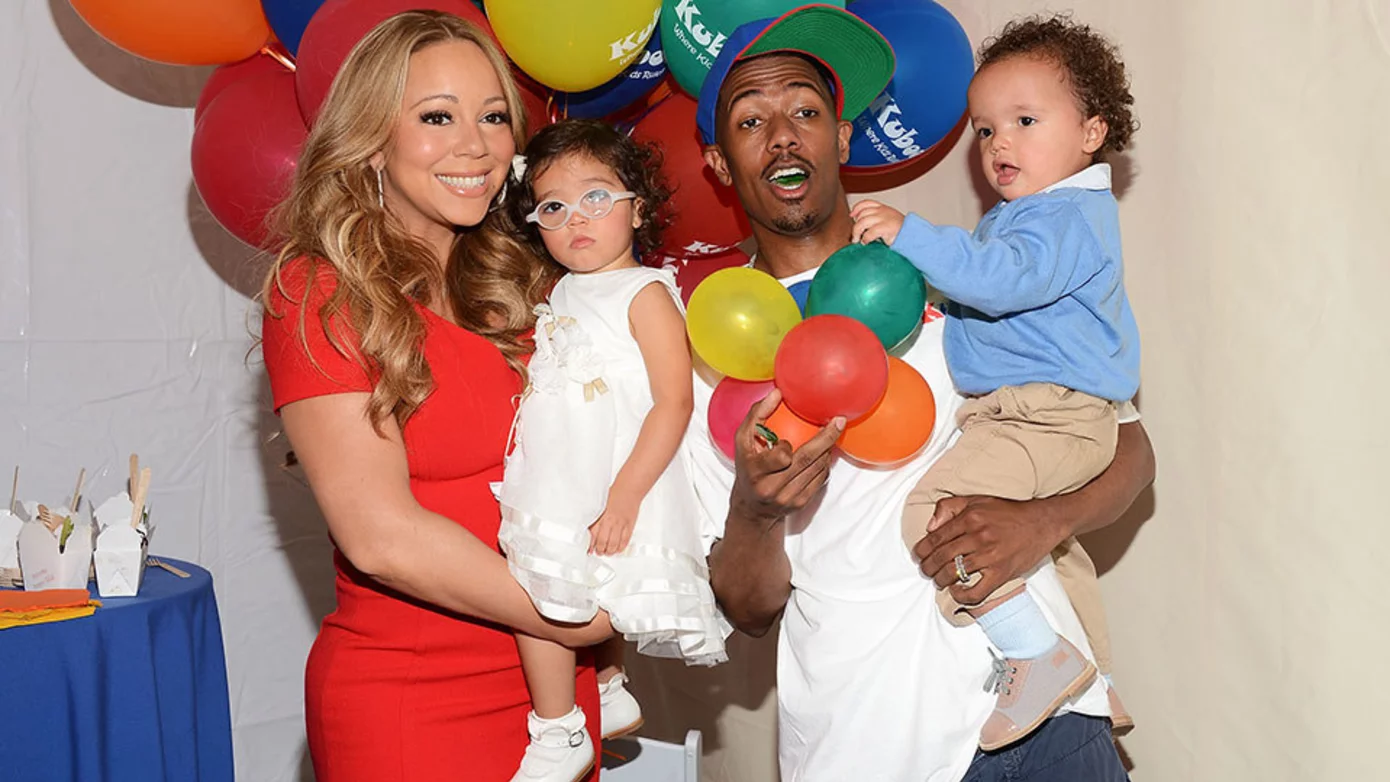Forget ‘one & done’ — is having one child of each gender the holy grail of reproduction?
Take note, Beyoncé, Jay-Z, and George and Amal Clooney: There are certain things that are universal to the twin parent experience — and one of them is hearing the same chorus of catchphrases everywhere you go. A few at the top of the laundry list:
- “You’ve got your hands full!”
- “Two for the price of one!”
- “Do twins run in your family?”
- “You’ve got your work cut out for you!”
- “Are they identical?”
Almost all of the commenters are well-intentioned, and sometimes it can even liven up your day to engage in conversation about your most precious cargo. But there’s one particular phrase that I hear almost daily that’s got a not-so-fun connotation: “A boy and a girl… you’re done!” (Seriously, it can’t be overstated how much people say this to parents of opposite-sex twins.)
I’ve always found it somewhat baffling that people assume I must be “done” having children simply because I have one boy and one girl. The assumption seems to be that having a child of each gender is the holy grail and that one couldn’t possibly want more kids if they manage to hit the reproductive jackpot in this way. What they don’t know is that I am done having kids, but not for the reasons they think. I would actually love to expand my family, but my history with infertility makes that virtually impossible.
While the comment can be hurtful, it’s rooted in an emergent reality. According to the Pew Research Center, almost half of Americans see two children as the ideal family size, and 63 percent of American mothers now have only one or two children by the end of their childbearing years (a sharp decrease from the mid-1970s). So it’s easy to see why someone might view a two-child family as “complete” — but why the hyper-focus on gender?
“The concept of balance plays a big part when it comes to the perspective of a ‘complete’ family,” says clinical psychologist Stephanie O’Leary. “From the outside looking in, having a boy and a girl allows parents to experience raising a son and a daughter, thus not missing out on either relationship. There are also cultural factors to consider, with some families valuing one gender over another based on traditional stereotypes.”
Reproductive endocrinologist Jane Frederick sees a lot of patients with this mindset at Newport Beach-based clinic HRC Fertility. The clinic is widely considered a trailblazer in the concept of “family balancing,” or the practice of gender selection when choosing embryos for transfer. (Though clients are actually choosing the baby’s sex—since it’s unclear how he or she will identify—the commonly used term in fertility circles is “gender selection.”) Frederick estimates that up to 25 percent of her clients seek IVF treatment strictly with the goal of balancing their broods (rather than for its primary purpose of treating infertility). Thanks to the use of increasingly sophisticated preimplantation genetic screening technology, Frederick and her colleagues can guarantee a baby’s sex within 99 percent accuracy.
“Gender balancing has gotten more popular in recent years, and with the rise of PGS screening tools, we’re seeing more and more options,” says Frederick. “I am there to use the technology to get them to completion of their family by making their next pregnancy the gender of their choice. I see it as a win for the community that doesn’t want to have eight pregnancies on board [to get their desired gender], which is a big economic burden. Some couples utilize abortion as a means of balancing their family, and we’re trying to prevent that.”
While it might seem extreme — or even indulgent — to spend thousands of dollars and put one’s body through the rigors of IVF simply to ensure a baby’s sex, many people have what they view as meaningful reasons. “I often encounter women who strive for a family makeup similar to their own family of origin,” says O’Leary. “I’m also observing societal trends that lead parents to desire ‘one of each’ in order to attain what appears to be balance within the family unit. In some ways, there appears to be a fear of missing out if families have children of one gender.”
With all this in mind, it’s easier to understand why an outsider might assume a mother with one boy and one girl would be “done,” but that still doesn’t make it OK to say it out loud. For those who’ve been through infertility, it’s an unwanted reminder that they are indeed “done” — but due to reasons beyond their control. Adds O’Leary, “It can be triggering and painful for a parent to hear comments that are flippant and that touch on very personal issues of fertility and family planning. It’s also hard to tolerate commentary regarding family size when you might not have options others assume you do based on fertility challenges.”
Oklahoma-based mom Kayla Pennington can relate. After struggling with polycystic ovarian syndrome for five years, she now has 3-year-old boy/girl twins and according to her, gets the “You’re done!” decree all the time, which is “more painful than all of the negative [pregnancy] tests.” Despite their experiences with infertility, Pennington says she and her husband do want to try to have more children and that she wishes “people wouldn’t assume that the American dream is one child of each sex — because, most times, it’s not the case at all.”
So let’s be “done” with the unnecessary observations, shall we? Keep this in mind the next time you see someone pushing a stroller with a boy and a girl, and my own job is done.
Originally published on SheKnows.




comments